Is Alvin Mbugua Set to Become the New CEO of a Leaner and Spirits-Led EABL?
For decades, East African Breweries Limited (EABL) has been the crown jewel in Diageo’s African empire. As the most structurally integrated operation on the continent—spanning beer, spirits, and ready-to-drink beverages across Kenya, Uganda, and Tanzania—EABL once accounted for nearly 50% of Diageo’s net sales in Africa and contributed a dominant share of its regional operating profits. But the ground is shifting beneath it.
In a span of just two years, Diageo has dismantled nearly all its direct beer operations across Africa, signaling a strategic pivot from beer-heavy, asset-intensive business models toward a more agile, brand-led and spirits-focused playbook. The shift has been sharp, deliberate, and continent-wide.
The most recent and telling move came in January 2025, when Diageo announced the sale of its 80.4% stake in Guinness Ghana Breweries Plc to the Castel Group for USD 81 million. While Diageo retained ownership of the Guinness and other flagship brands, it transferred operational control under a long-term license and royalty agreement, effectively pulling out of the beer business in Ghana while keeping brand visibility and income flow intact.
“Guinness Ghana is performing strongly powered by a fantastic team of people… I am excited to extend our partnership with Castel,” said Dayalan Nayager, then President of Diageo Africa and Chief Commercial Officer, in a statement on the deal.
The Ghana transaction followed a similar divestiture in Nigeria, where in September 2024, Diageo sold its 58.02% shareholding in Guinness Nigeria Plc to Singapore-based Tolaram Group. Again, Diageo retained its brand rights under licensing arrangements but severed ties with local brewing and distribution infrastructure.
This pattern is unmistakable. In Cameroon, Diageo sold Guinness Cameroon to Castel in 2022 for £389 million, and earlier exited Meta Abo Brewery in Ethiopia, Seychelles, and Mauritius. Each deal reflected a consistent approach: relinquish heavy operating assets while securing royalty income and maintaining premium brand exposure.
Now, only EABL remains.
With the rest of its African beer empire largely dismantled, Diageo’s attention has narrowed to its final remaining integrated stronghold: East African Breweries Limited (EABL). Headquartered in Nairobi and operating breweries in Kenya, Uganda, and Tanzania, EABL has long been the blueprint for Diageo’s African ambitions. But mounting evidence suggests even this juggernaut is being restructured for exit or deep transformation.
In January 2025, Diageo sold its 80.4% stake in Guinness Ghana Breweries Plc to Castel Group for USD 81 million, retaining only brand ownership and entering into a long-term license and royalty agreement—the same model applied in Nigeria, Cameroon, and other past exits. The Ghana transaction, according to Diageo, was part of a broader vision to create a “flexible and asset-light beer operating model” tailored for emerging markets.
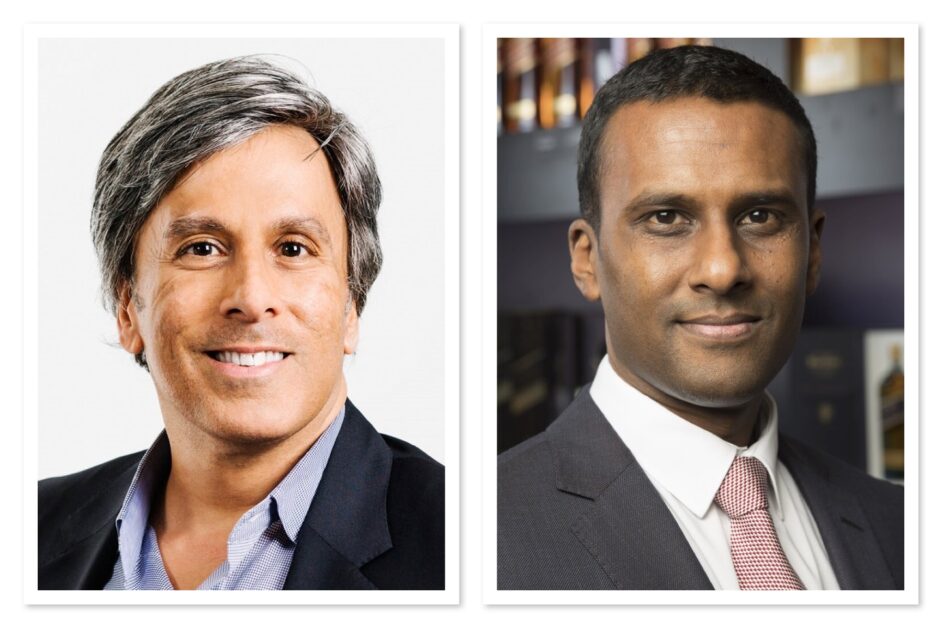
This language—“asset-light”—has become a central theme in Diageo’s new African strategy.
In comments quoted by the Financial Times, Nik Jhangiani, Diageo’s Chief Financial Officer, described the company’s future African strategy as leaning toward “a more asset-light route to market”, focused less on owning breweries and more on controlling distribution and brand narratives .
Similarly, Dayalan Nayager, Diageo’s President for Europe and former head of Africa, confirmed that recent divestments like those in Nigeria and Ghana are about “portfolio simplification” and “efficient capital deployment”. In his own words during the Ghana announcement, Nayager said:
“Diageo’s flexible and asset-light beer operating model allows it to select the most appropriate structure and route-to-market based on local conditions, supporting greater efficiency and profitability…”
That logic now appears to be guiding the company’s thinking about EABL as well.
A Business Daily report from early 2025 captured the rising speculation that Diageo was weighing similar restructuring or even sale of its controlling 50.03% stake in EABL. The article noted that EABL’s brewing operations are capital-intensive and increasingly exposed to macroeconomic shocks, including currency depreciation, high excise taxes, and shifting consumer habits in the beer segment .
Analysts quoted in the same report argued that Diageo could retain its global spirits brands—Johnnie Walker, Baileys, Tanqueray, Smirnoff—through licensing, while outsourcing brewing and local beer production via partnerships or franchise agreements, similar to the Castel and Tolaram arrangements.
The signs of impending change are not just speculative.
In 2023, Diageo made a bold move to increase its stake in EABL from 50.03% by offering to purchase an additional 14.97% at a valuation of KES 22.7 billion (USD 180 million). While the transaction was later withdrawn due to macroeconomic volatility and currency headwinds, the market interpreted it as Diageo preparing to restructure or streamline the EABL business—perhaps to create a standalone spirits-led unit, separate from beer.
Furthermore, Diageo’s 2024 Annual Report underscores a shift away from direct ownership toward “disciplined portfolio management, flexible capital allocation, and a brand-first approach.” The report emphasized the success of the Africa Spirits Company, launched in 2023 to serve West Africa and manage Diageo’s international premium spirits in the region, as a model of the future.
So, what does this all mean for EABL?
Increasingly, it appears the future lies in spirits, not suds. In contrast to beer, the spirits segment—featuring brands like Kenya Cane, Gilbey’s, Smirnoff Vodka, Uganda Waragi, and Johnnie Walker—has shown consistent growth across EABL markets. With higher margins, lower capital requirements, and aspirational appeal among Africa’s rising middle class, spirits align more closely with Diageo’s global growth strategy.
And with Diageo pulling out of brewing in Ghana, Nigeria, Ethiopia, Cameroon, Seychelles, and Mauritius, only East Africa remains—and the model is about to change.
Whether through an outright divestiture of the beer business, a split of spirits and beer operations, or licensing the EABL name while focusing on spirits, the unbundling of EABL is already underway—in structure, strategy, and sentiment.
The Return of Alvin Mbugua: A Spirits Playbook in Motion
In September 2024, Alvin Mbugua, a seasoned Diageo executive with over 17 years of global experience, returned to Nairobi in a move that signalled more than just a reshuffling of roles. Appointed as the General Manager of the newly created Spirits Division at East African Breweries Limited (EABL), Alvin assumed a position that did not previously exist, marking what insiders describe as the clearest structural sign yet that EABL is preparing for a spirits-led future.
This was not Mbugua’s first tour of duty in East Africa. He had previously served as Managing Director of Uganda Breweries Limited (UBL), before rising to lead Diageo’s Caribbean and Central America (CCA) business—a role that positioned him at the helm of one of the company’s most profitable global units. The CCA market, covering 37 countries and a population of 95 million, is Diageo’s top profit margin geography in Latin America, and second globally only to North America in profitability. Under his leadership, CCA deepened market penetration through premiumisation, brand diversification, and route-to-market innovation—capabilities that align tightly with the current demands of East Africa’s spirits opportunity.
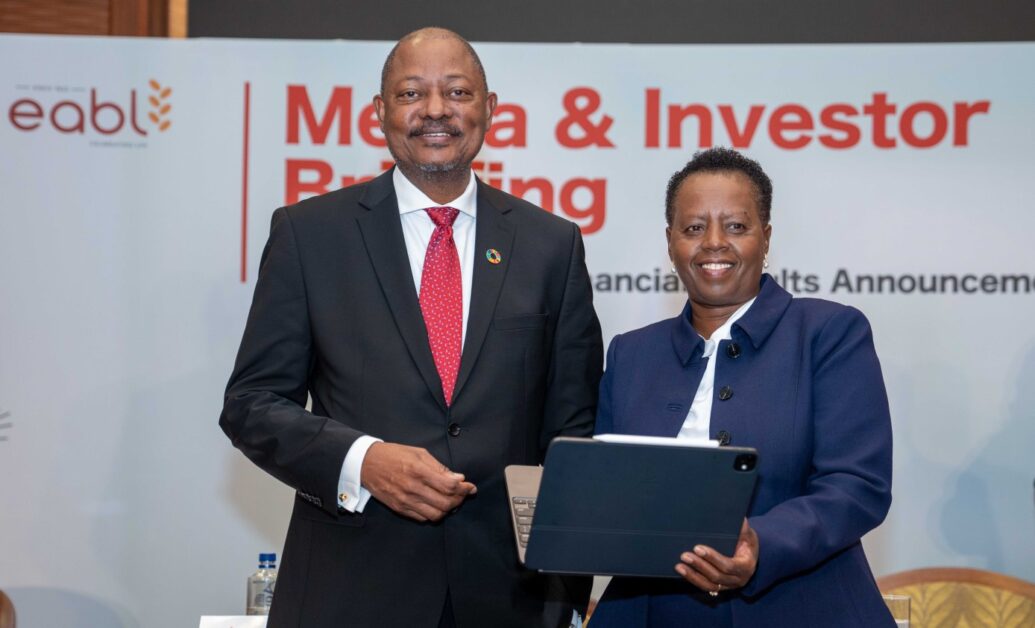
Upon his return, Mbugua launched “Behind the Bar”, a popular web show and consumer engagement campaign exploring spirits culture and trends across East Africa. The show—a blend of storytelling, brand promotion, and cultural immersion—quickly became a platform to shape public discourse around premium consumption, cocktail innovation, and lifestyle branding, while giving visibility to Kenya Cane, Johnnie Walker, Uganda Waragi, and Tanqueray.
His appointment was accompanied by a clear strategic mandate. “The spirits market is the fastest growing category in the sector,” Mbugua noted in his personal statement, adding that there is “a huge opportunity to up-trade consumers as a means of having the category reflect the dominant and changing aspirations of partners and customers.” He concluded: “East Africa has attractive fundamentals, and the role is well positioned to tap into future trends as a means of accelerating the growth formula for EABL Spirits.”
Spirits by the Numbers: The New African Frontier
The numbers decisively support Alvin Mbugua’s assertion that spirits are the future.
According to Diageo’s 2024 Annual Report, spirits now account for 53% of the company’s global net sales, commanding a disproportionately high share of profits. While beer has traditionally dominated the African market, the balance is shifting. In FY2024, Diageo’s spirits business in Africa grew by 11% in net sales, compared to just 1% growth in beer—a stark indicator of the changing consumer landscape.
In markets like East Africa, where rapid urbanisation, a growing youth population, and rising disposable incomes are redefining consumption patterns, spirits are increasingly seen as a symbol of aspiration and upward mobility.
Within EABL’s own portfolio, the spirits category has clearly emerged as the company’s primary growth engine. In FY2023, the business recorded 16% growth in spirits volumes, alongside double-digit revenue growth. The momentum was largely driven by core brands such as Kenya Cane, Gilbey’s, Captain Morgan, Uganda Waragi, and Smirnoff Vodka, while premium labels like Johnnie Walker and Tanqueray delivered even stronger performance, especially in Kenya and Uganda.
According to the EABL FY2024 Investor Presentation, spirits now contribute nearly 40% of the company’s total revenues, up from around 30% just five years ago. The segment also enjoys gross profit margins between 42% and 48%, far superior to beer, which continues to be weighed down by high excise duties and escalating production costs.
“The growth opportunity in spirits is both structural and cultural,” notes one regional analyst. “Consumers are trading up, and spirits offer versatility, brand storytelling, and a premium lifestyle association that beer increasingly struggles to match.”
EABL has responded aggressively to this trend with a robust spirits innovation pipeline. The introduction of flavoured variants, ready-to-drink cocktails, smaller pack sizes, and seasonal limited-edition bottlings has helped expand appeal across new demographic segments. Notably, these innovations are resonating with female consumers, younger urban drinkers, and the emerging middle-class lifestyle. In Uganda, for instance, Uganda Waragi Pineapple and Coconut variants have been standout performers in attracting first-time and female consumers.
Diageo itself acknowledged this regional momentum in its 2024 report:
“Spirits growth in Africa was supported by performance in East Africa and innovation in value and mainstream spirits.”
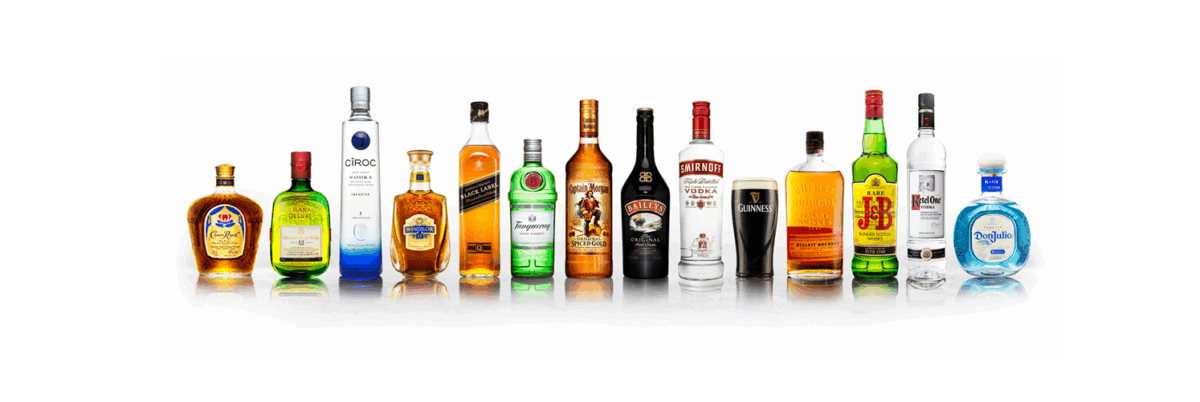
Even though Diageo’s overall Africa net sales declined by 3%, East Africa was singled out as a growth driver, and spirits innovation was named as the leading growth lever. This external validation directly supports both EABL’s internal restructuring and Mbugua’s elevation to head of spirits.
This shift in focus is not occurring in isolation. It aligns with Diageo’s evolving asset-light business model, which is now taking clearer shape in Africa. The key pillars of this model include:
- Fewer owned breweries
- Increased reliance on distribution and licensing partnerships
- Sharper focus on building global and regional power brands
- Strategic emphasis on high-margin categories, notably spirits
This framework has already been successfully rolled out in Latin America, Asia-Pacific, and more recently in West Africa, where Diageo has exited brewing operations in Nigeria and Ghana but retained brand rights and market presence through partnerships.
East Africa, therefore, is not only a frontier of consumer growth but a template for Diageo’s future in the region—leaner, more profitable, brand-led, and spirits-driven.
Strategic Positioning: The Rise of a Brand-Led Powerhouse
Alvin’s elevation to lead the spirits business isn’t just operational—it is strategic.
By ringfencing the spirits business under a standalone leadership structure, EABL appears to be preparing for a potential separation of beer and spirits operations. Such a move would mirror Diageo’s broader pivot to an asset-light, brand-centric business model already implemented in Ghana, Nigeria, and Cameroon—where Diageo retains brand ownership and routes to market while exiting physical brewing.
The spirits unit, now under Alvin, is seen by insiders as a future “center of excellence” for Diageo’s spirits operations across East Africa, and possibly wider sub-Saharan Africa. The model focuses on growth through branding, innovation, influencer marketing, and route-to-market efficiency, rather than fixed capital or high-volume brewing infrastructure.
EABL’s spirits operations already benefit from leaner cost structures, dynamic pricing power, and higher customer lifetime value. And under Alvin’s stewardship—with his proven track record in one of Diageo’s most dynamic profit centres—analysts believe this division could eventually be spun off, listed separately, or transformed into a regional brand house that mirrors Diageo’s Latin America & Caribbean success.
The People Puzzle: Preparing for Succession and the Spinoff
Behind the financial restructuring and operational pivots at Diageo and EABL lies a parallel, meticulously orchestrated human capital transition. Over the past 18 months, a quiet but telling reshuffle of top leadership has been unfolding—each move seemingly timed to align with the emerging strategy of a leaner, spirits-led EABL, and potentially, Diageo’s full or partial exit from beer in East Africa.
At the heart of this is the return of Alvin Mbugua from Diageo’s Caribbean and Central America (CCA) region—one of the company’s most profitable global markets. His appointment as General Manager, Spirits Division was not only symbolic of EABL’s pivot but also widely interpreted as a succession move. Many industry observers now believe that Alvin is being groomed to become the next CEO of a restructured EABL, or even to assume Diageo’s Africa role, given his international exposure and strategic foresight.
Another strategic movement is the transition of Mark Ocitti, who is expected to exit his role as Managing Director of Kenya Breweries Limited (KBL) in September 2025. He will be succeeded by Andrew Itamba Kilonzo, who is set to join KBL as Managing Director in September 2024. Kilonzo’s appointment is widely viewed as a transitional move—bringing in a seasoned executive to provide stability and continuity as Diageo navigates a possible restructuring or divestiture of its beer operations in Kenya.
Kilonzo’s transfer, however, raised more questions than answers. Multiple insiders noted that Kilonzo was approaching retirement, making him an unlikely long-term choice for the KBL helm. His new posting is now widely seen as a transitional assignment—a “safe pair of hands” meant to hold fort as Diageo finalises the unbundling or sale of its beer business in Kenya.
Meanwhile, at Uganda Breweries, a significant leadership change will follow Kilonzo’s transition to KBL. Diageo has appointed Félicité Nson, formerly of Guinness Ghana Breweries, as the new Managing Director of UBL. Her appointment comes shortly after Diageo sold its entire stake in the Ghana operation to Castel Group. The move is seen by some insiders as a temporary redeployment, intended to resettle Nson within the Diageo system while preparing her for a possible exit—a common pattern observed in other markets Diageo has recently exited. Nonetheless, her commercial acumen and West African experience position her to maintain continuity at UBL during this critical transition period.
Over at the top, Jane Karuku, Group CEO of EABL, is now past 60 years of age—a milestone that in many corporations signals imminent retirement. Karuku has steered EABL through some of its most turbulent years, from pandemic disruptions to tax battles and now structural reforms. But with her tenure nearing its natural end, succession planning is clearly underway. The emerging consensus is that Alvin Mbugua is the frontrunner, especially if EABL is carved into a dual structure—with separate beer and spirits leadership, or a spinout of the spirits business altogether.
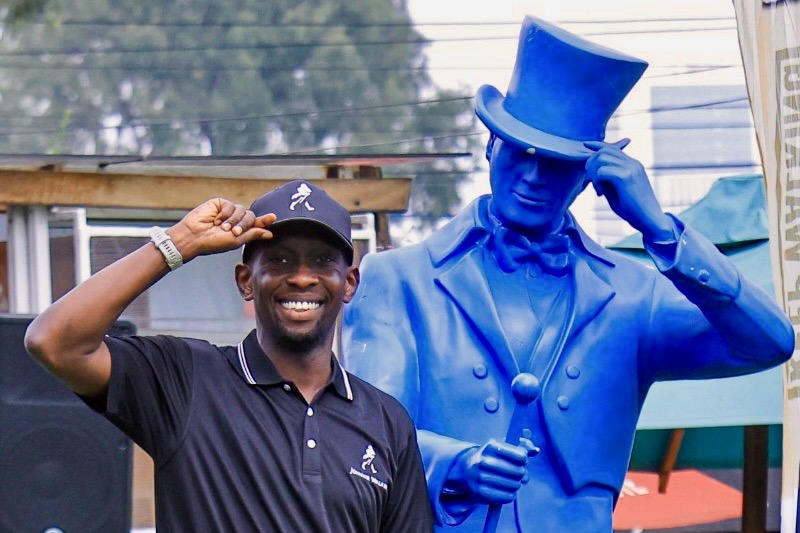
“All the signs point to a leadership realignment tailored to a post-unbundling EABL,” said a senior Diageo executive familiar with the transition. “You don’t bring Alvin back to run a division that didn’t exist before unless it’s part of something bigger.”
In parallel, Diageo has been reinforcing its corporate and public affairs functions, a clear indication that regulatory engagement and market narrative management are now more important than ever as speculation around the company’s next move intensifies.
Taken together, the appointments, exits, and interim assignments paint a picture of a company that is engineering its future leadership landscape around a new business architecture—one where spirits take centre stage, beer operations become leaner or outsourced, and EABL evolves into a brand-first, consumer-led, asset-light regional player.
The people puzzle may not be fully solved, but the pieces are certainly falling into place.
What Comes Next? A Spirits-Led Future in the Making
Having dismantled much of its direct beer operations across Africa, Diageo is now widely expected to pursue a similar strategy for East African Breweries Limited (EABL). Multiple signals—from executive reshuffles to the creation of a dedicated spirits division—suggest the company is preparing to scale down or spin off its beer business while doubling down on high-margin, brand-led spirits operations.
Industry insiders and analysts alike anticipate several possible scenarios:
- A demerger of EABL into separate beer and spirits businesses
- The sale of brewing assets to regional players under long-term licensing or franchise agreements
- A local stock market listing of a spirits-only EABL
- The emergence of a regional brand house, focused on premiumisation and aspirational lifestyle branding
Diageo’s recent annual reports and public statements reinforce this direction. Phrases like “flexible and asset-light operating models” and “disciplined portfolio management” have become central to the group’s narrative, with Diageo CFO Nik Jhangiani and President of Europe (and former Africa head) Dayalan Nayager both stressing the shift toward capital-light operations. As Nayager put it during the Guinness Ghana divestment:
“Diageo’s flexible and asset-light beer operating model allows it to select the most appropriate structure and route-to-market based on local conditions, supporting greater efficiency and profitability.”
In practice, this means Diageo could retain its global spirits brands—like Johnnie Walker, Baileys, and Tanqueray—under local licensing and marketing arrangements, while gradually exiting high-capex beer production across East Africa. As was the case with Guinness Ghana and Guinness Nigeria, this approach ensures Diageo retains brand visibility and royalty income without owning brewing infrastructure.
Within this reimagined EABL,that is leaner, more profitable, less exposed to regulatory volatility, and better aligned with emerging consumer preferences is a possibility. From executive structuring to public-facing brand engagement, every recent move hints at a transition in motion and no individual is more emblematic of that shift than Alvin Mbugua. Charismatic, commercially astute, and culturally plugged in, he embodies the brand-forward, consumer-centric vision that Diageo now champions.
Whether Alvin is destined to become Group CEO of a restructured EABL, assume broader responsibilities as Diageo Africa Spirits Head, or lead a new spirits entity carved out from the EABL portfolio, the signs are clear:
He has already taken his position behind the bar.
The only question now is—will the board be his next stage?
Share this content:
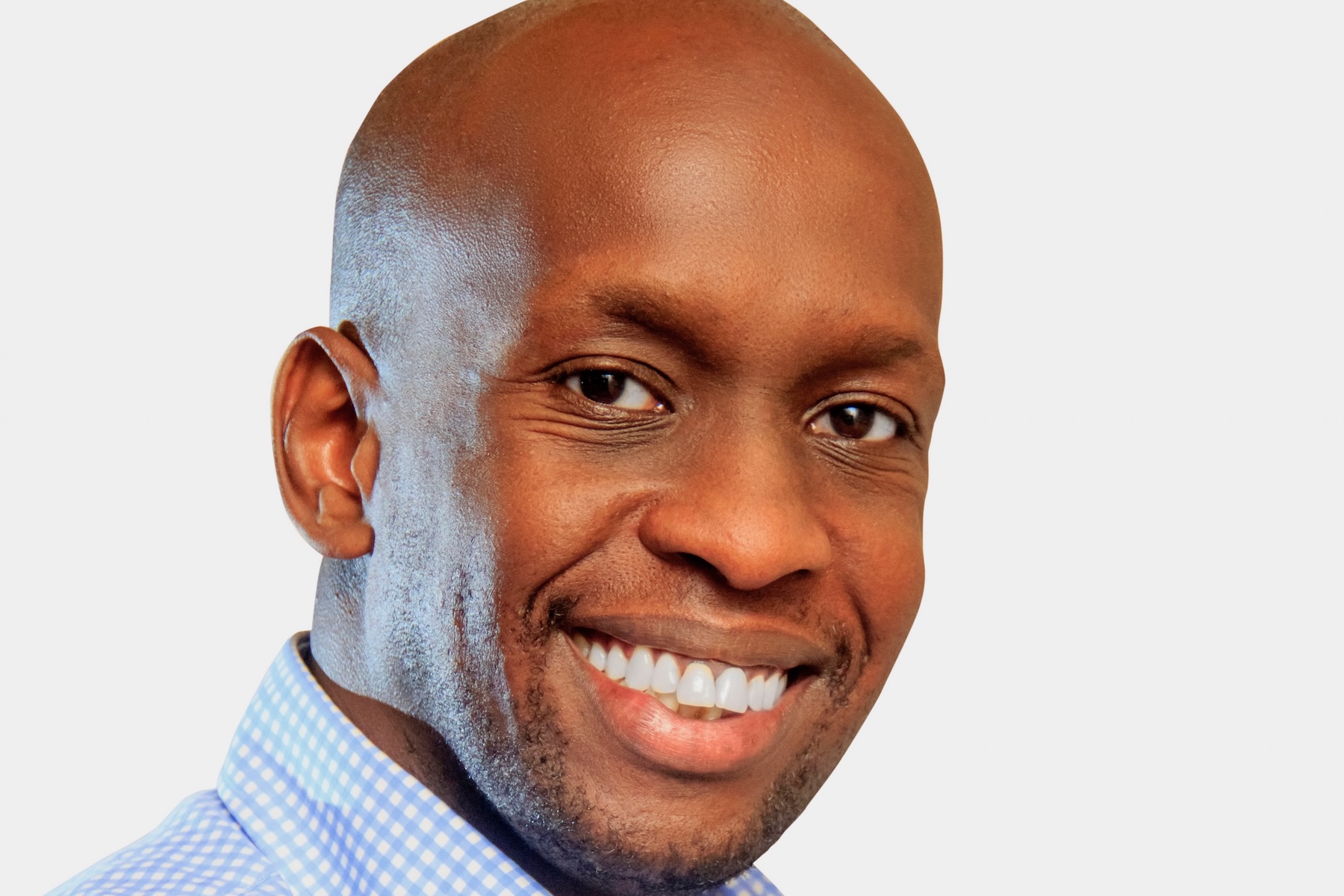

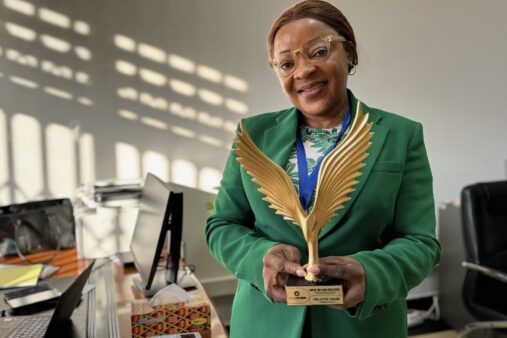
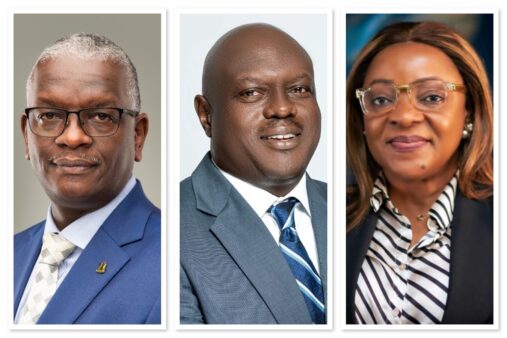
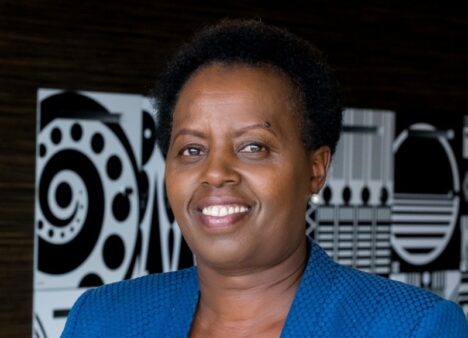
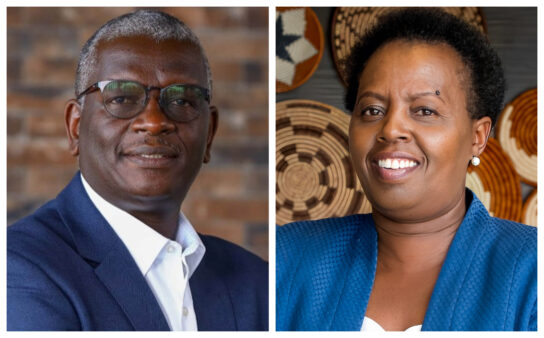




Post Comment